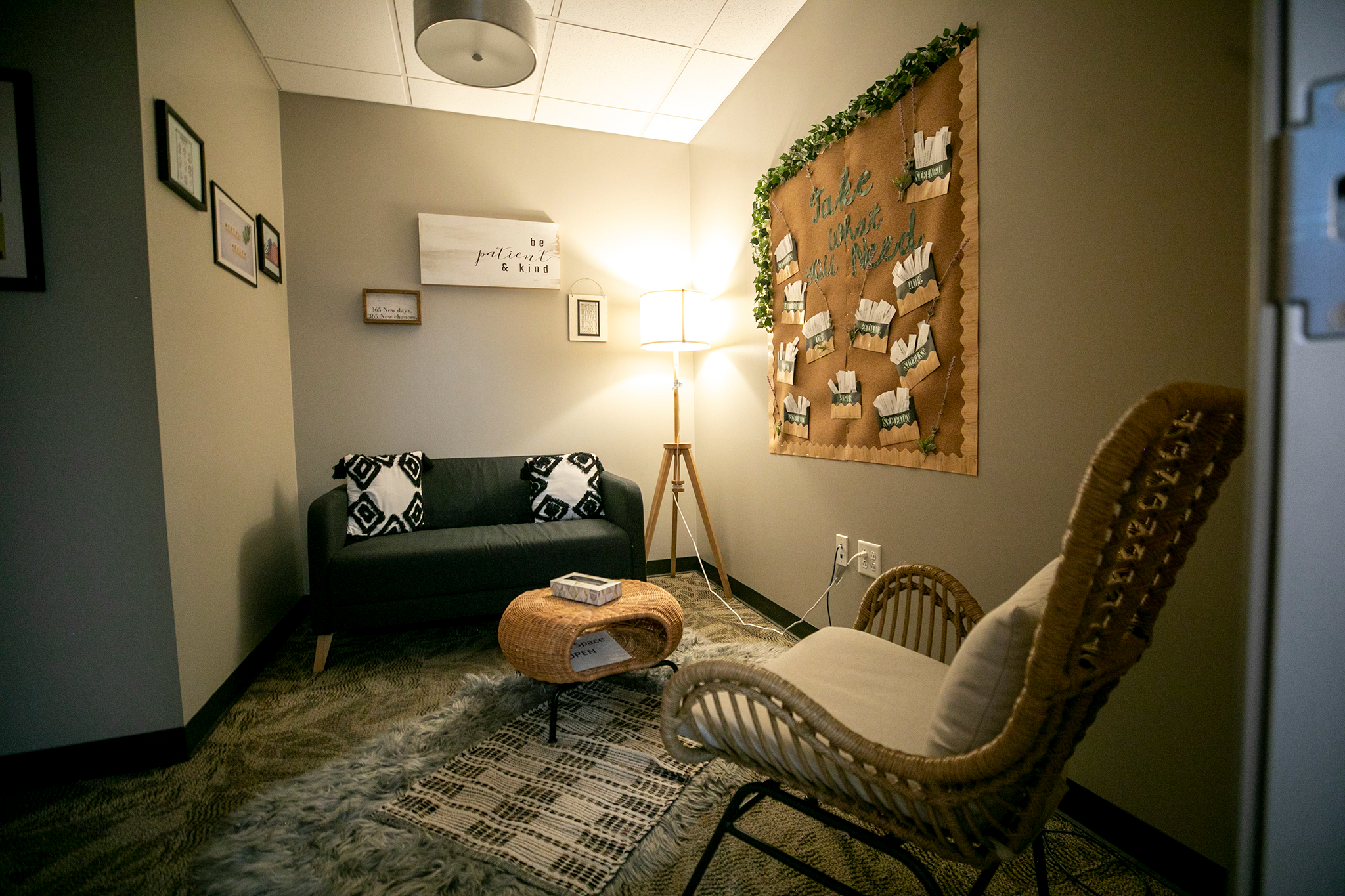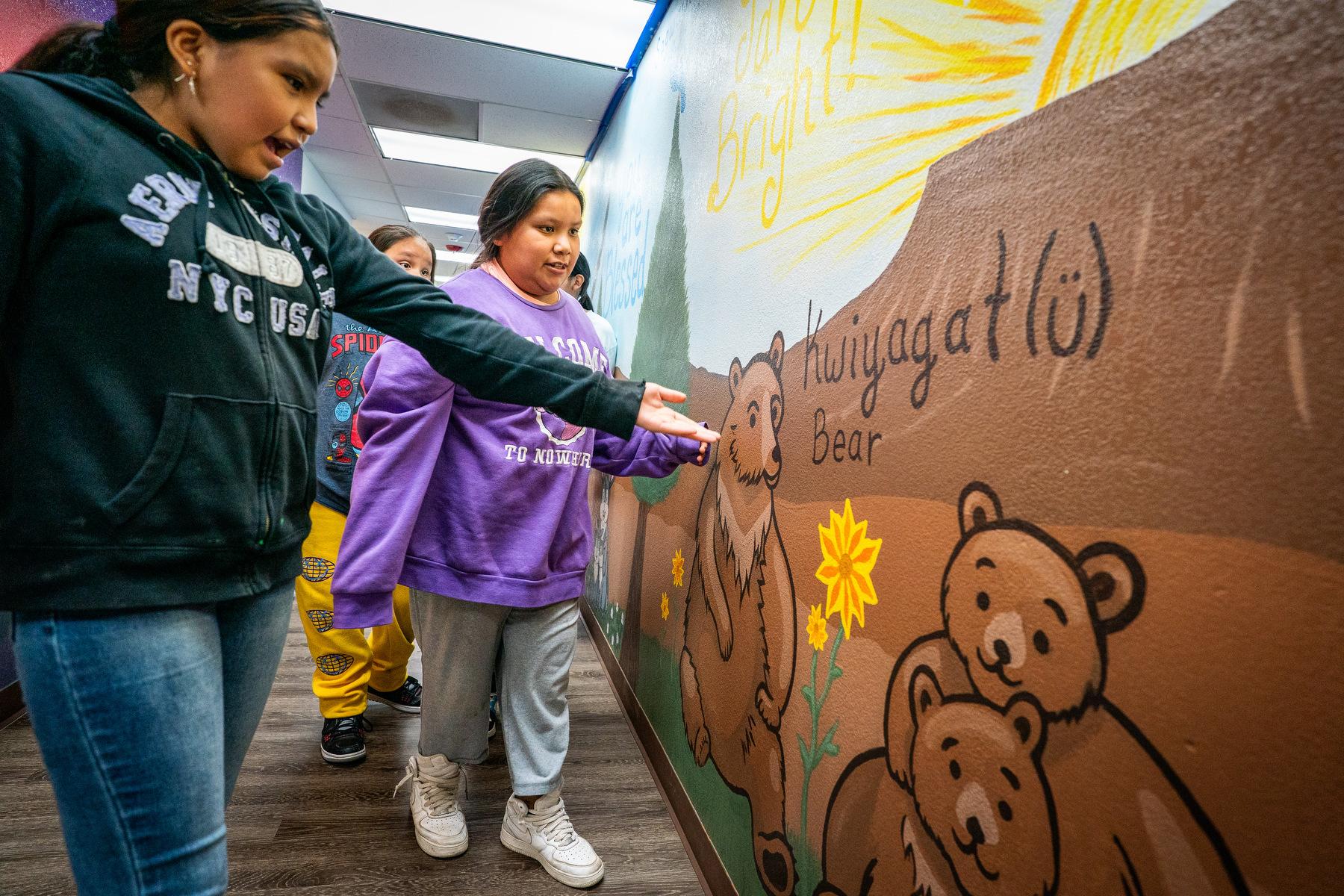
More than 100,000 people received care at Colorado community mental health centers or clinics last year. That’s just one of a number of new insights that can more easily be found on a new state online data hub on mental health.
Among the other data points on the new website: The state had nearly 400 beds available at substance use disorder treatment facilities, and more than 50,000 Coloradans received state-funded substance use treatment last year.
The data hub was launched Monday by Colorado's Behavioral Health Administration, a relatively new section of state government, part of the Department of Human Services, tasked with “driving coordination and collaboration across state agencies to address behavioral health needs.”
“We're very excited about the information and having it in one place,” said Christen Lara, the agency’s technology and data division director.
County-by-county maps show how many Coloradans have received publicly funded mental health services.
Lara said the agency plans to provide more information on the site soon about supporting access to mental health services for younger Coloradans.
“An area that we want to focus on and expect to focus on more in the coming months after we've launched the Performance Hub is additional information on how we support kiddos in terms of access to high acuity care,” Lara said.
“We are trying to make a system that's accessible for all Coloradans,” said Marc Condojani, interim division director for statewide programs, innovation and technical assistance. “And one of the best ways to do that is to look at data and try to understand what it tells us.”
He said easy access to the state’s data will allow “the public to look at things and ask the tough questions of us so that we can work towards that better state, that better behavioral health system that we're expected to promote.”
Colorado's Behavioral Health Administration itself launched two years ago. It was charged by state lawmakers with transforming the state’s behavioral health care system. Its creation came at a time, after the first two years of the COVID pandemic, when Colorado faced unprecedented behavioral health challenges from rising overdose and fentanyl deaths to a youth mental health crisis to having one of the nation’s highest suicide rates.
The BHA was established as the state invested $450 million in mental health services using COVID relief funds from the federal government.
The agency also identified five priorities as it launched the performance hub. The others include increasing transparency in the grievance and complaint process, reforming and strengthening the behavioral safety net, coordinating support for Coloradans seeking help and delivering improved access.
“The launch and progressive implementation of our Five Priorities lay additional bricks on the foundation of transformation of the behavioral health care system that BHA is charged with delivering for the people of Colorado,” said Dannette R. Smith, BHA Commissioner, in a release. “In the immediate term and with time, these are the steps that will make change tangible to our communities. Over the coming months, we look forward to traveling around the state to share more about these priorities, and to invite residents into the process, so that we can continue to learn about the behavioral health challenges that people in Colorado face.”
In February, the governor appointed Smith as the new BHA commissioner. Her predecessor left after about a year in the post.
The agency said later this summer, Smith and the BHA team will host “Community Conversations” across the state. The listening sessions will give Coloradans a chance to share their concerns and challenges with agency leadership, and to learn more about BHA’s work. BHA plans to release additional details in early August.









